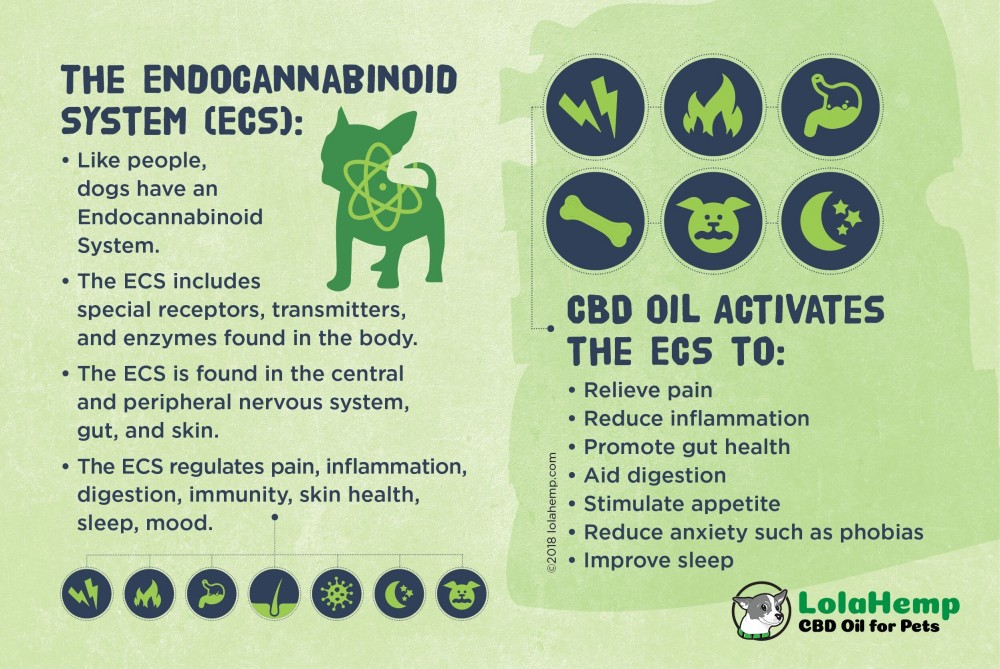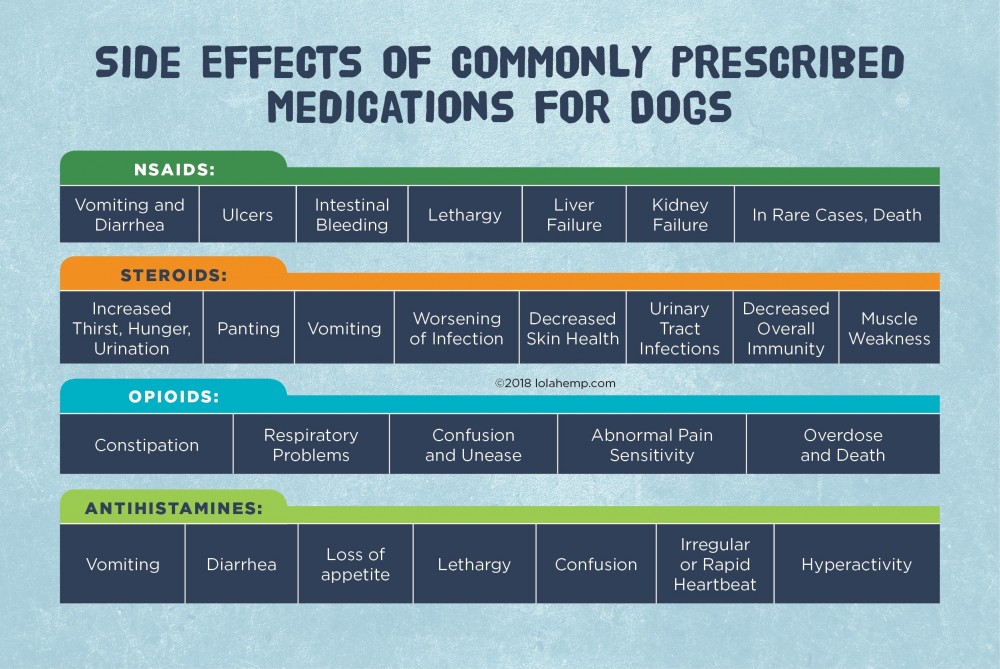How to Talk to Your Veterinarian About CBD for Dogs

CBD oil is one of the fastest growing niches in both human and animal health. However, despite mounting research on its health benefits, some veterinarians are still unwilling to discuss its use with clients. This article explores some of the reasons for that reluctance, as well as how to open a conversation with your vet about this natural product.
In addition, we will explore how to find a high quality CBD oil for your pet, a legal and natural product.
Emerging Veterinary Research on CBD for Dogs
Contrary to popularly held misconceptions, there is a robust body of medical research on cannabis going back over 30 years. Researchers in the early 1990’s identified the Endocannabinoid System, a previously unknown biological system that plays a critical role in regulating a variety of other system functions in the body, including metabolism, skin health, immunity, mood, and digestion to name a few.
In the years that have followed, two of the compounds found in cannabis have received a great deal of attention in laboratory research on lab animals and humans: THC and CBD. THC is the compound found in medical and recreational strains of cannabis that, among other things, creates the “high” effect. CBD, also known as cannabidiol, does not cause the same high effect yet has been shown in hundreds of medical studies to activate the Endocannabinoid System in ways that promote health in a variety of ways.
Due to more limited funding, veterinary research tends to be behind research on drugs for humans. That being said, there have recently been a few notable veterinary studies that specifically study CBD in dogs. For example, two areas of veterinary research on CBD and dogs include clinical trials exploring its effect on seizures and osteoarthritis in dogs.
While the notion that there is no medical research to support the use of CBD for issues such as anxiety, skin disorders, digestion, pain and inflammation is patently false, it is true to say that clinical trials on domesticated animals are still in the early stages. Most researchers agree that CBD is safe for pets, but long term and large sample studies to accurately assess dosing guidelines and long term health are still underway.
Barriers to the Veterinary Recommendation of CBD
The criminalization of cannabis has long been a legal barrier to the veterinary use of cannabis based products for dogs. However, the 2018 Farm Bill legalized the agricultural product hemp, defined as any number of strains of cannabis with less than .3% of the compound THC. This federal law makes it legal to farm and refine products made from hemp. However, states are still catching up to these new regulations, and some have been more aggressive than others in terms of continuing to prosecute wholesalers of CBD products.
An additional barrier to recommending CBD oil for their furry patients for some veterinarians is the fact that veterinarian licensing boards, again controlled at the state level, have evolving policies on what vets can, and cannot, prescribe or even talk about with their patients.
Differences in state by state veterinary licensing regulations can be frustrating for both pet owners and veterinarians looking to use safe, natural, effective, and non-pharmaceutical options for the pets in their care. Some vets have begun to push for legal and profession protection to discuss cannabis based medicine, for example in California and Colorado.
And, many veterinarians are becoming more informed about both research and clinical success of CBD for pets. One recent survey demonstrated that 45.5% of vets felt comfortable discussing CBD with the clients in their practice.
Given recent research that demonstrates serious and worrying side effects of many commonly prescribed medications for our pets, such as NSAIDs for pain and inflammation, many informed pet owners and vets alike continue to push for the laws to catch up with the science to make discussing CBD oil easier for those on the front lines of pet health.
Holistic Veterinarians: A Viable Alternative for Many Pet Owners
If your current vet is unwilling to discuss the use of CBD oil as part of your dog’s treatment plan for anxiety, pain, inflammation, skin disorders, or digestive issues, then consider consulting with a holistic veterinarian. These vets have the same training as regular vets, but have additional training in non-invasive and natural alternatives to the veterinary pharmaceutical industry.
In addition, they often have a great deal of clinical experience working with CBD in their practice and are very up to date on the potential drug interactions to be aware of when using this natural derivative of the hemp plant.
Advocating for Your Pet: How to Arm Yourself with Knowledge
Recognizing the barriers that are in place which prevent some vets from discussing CBD with their clients is the first step to opening a conversation with your vet. Although CBD is widely available without a prescription, it is a good practice to discuss the use of this or any other supplements with your vet to ensure that your pet has undergone a proper diagnosis and a comprehensive treatment plan is developed with your pet’s whole health in mind.
It can also be helpful to do some research on your own before opening the conversation with your vet. The most compelling evidence for the use of cannabidiol comes from peer reviewed scientific journals which can be found by searching on Google Scholar, a search engine designed to comb through reputable academic publications.
In addition, with a growing demand in the CBD market, it is critical to be sure you are using a high quality, full spectrum CBD oil for dogs, such as LolaHemp. A family owned and operated company, LolaHemp offers third party lab tests for each batch of their organic hemp oil as well as offering a 30 day money back guarantee. As a Pets Before Profits company, LolaHemp also works closely with animal rescue organizations as part of their commitment to animal welfare.
DOGS, CANNABIS, AND CBD, READ MORE...
COMPLETE GUIDE TO CBD OIL FOR DOGS, CLICK HERE.











